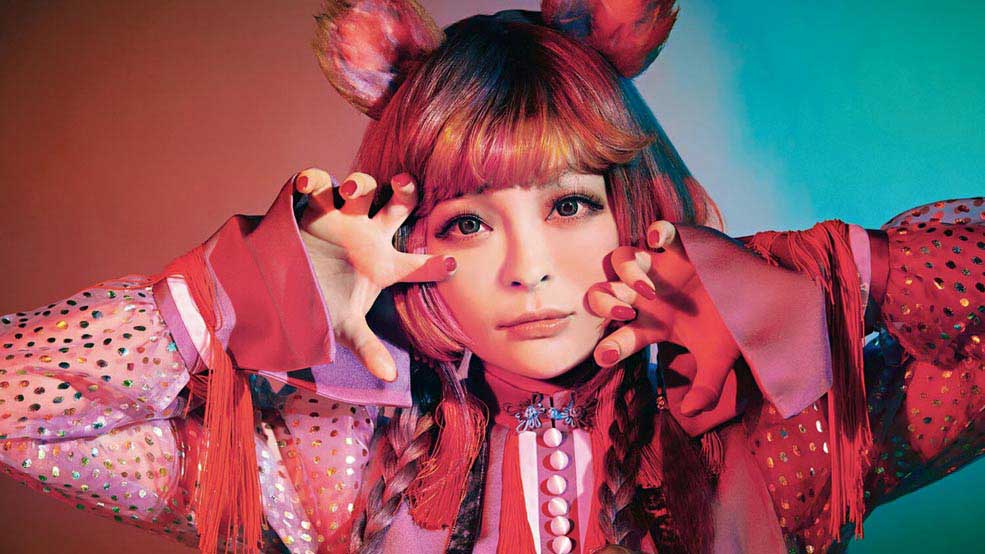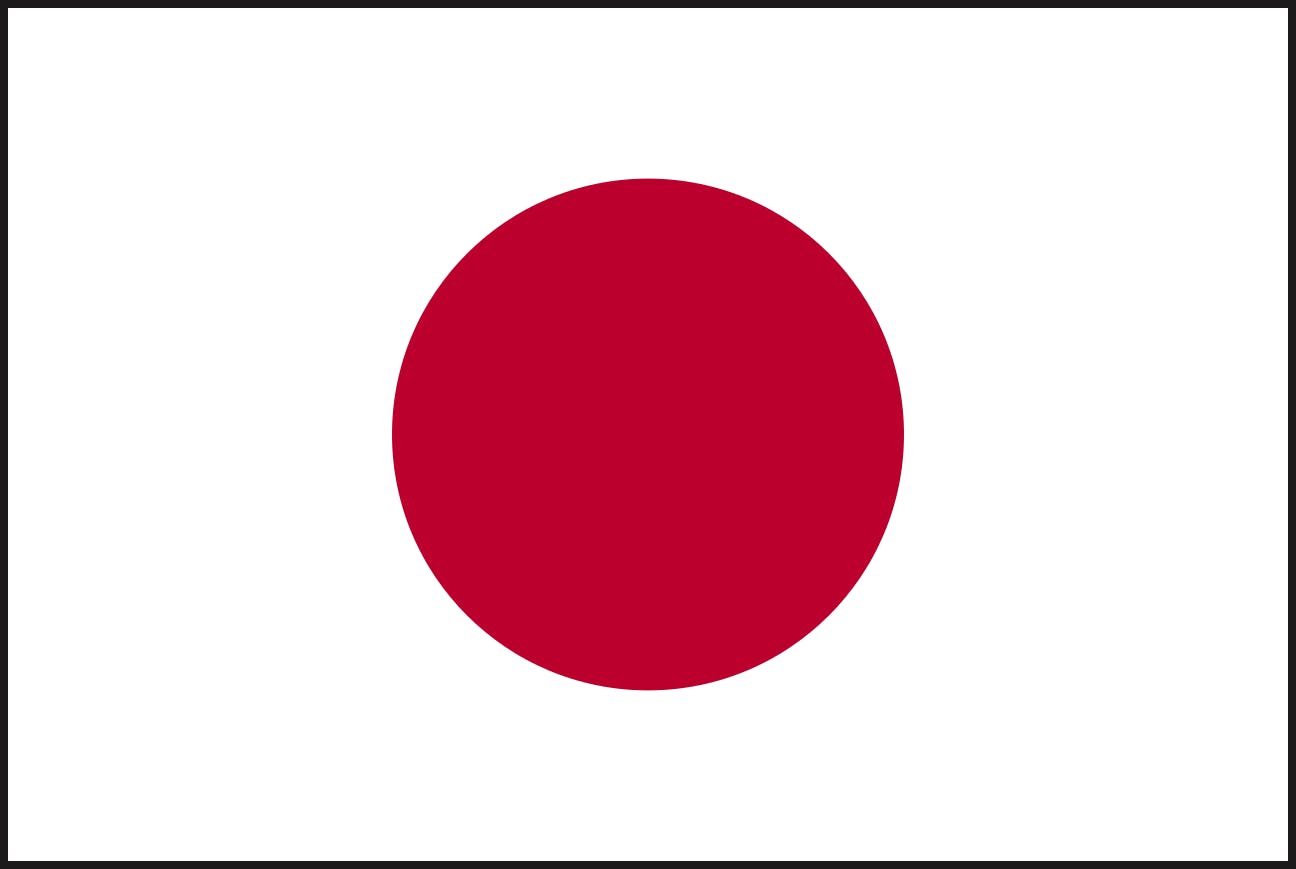
Japanese pop music has millions of fans around the world. Even if you feel you need a beginner’s guide to J-Pop, you’ll
probably recognise more hits than you realise. You’ll hear J-Pop hits in movies, TV series, anime and video games. The
genre has produced many of Japan’s biggest and brightest music stars, some of whom are still creating music many decades
down the line.

The interest in J-pop, or Japanese music at large, is often propagated by the country’s associated entertainment
industries, like anime and manga, which have long enjoyed cult followings across the globe

They are known as "idols" and their job is "to sell dreams". For decades, the young pop stars of Japan and South Korea
have been the envy of teenagers.

Despite the fact that Japan is the second largest music market (which is actually not that surprising for a country with
the 3rd GDP worldwide and a population of 127 million), it remains one of the most misunderstood and challenging local
industries in the world. That is for a good reason. With its unique cultural patterns and their effect on the market
structure, Japan is very different from the Western markets




